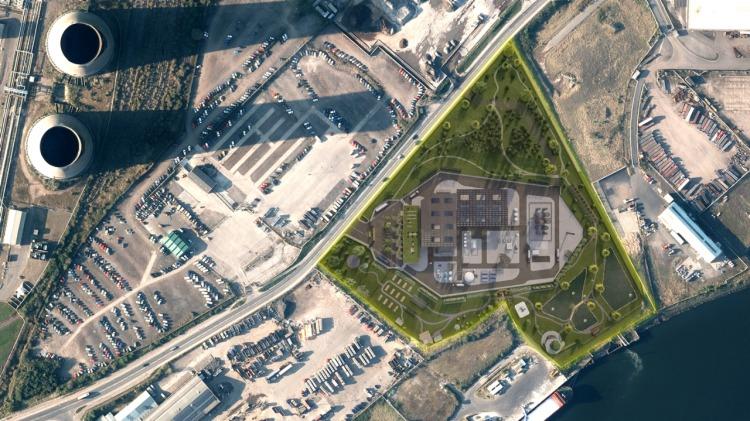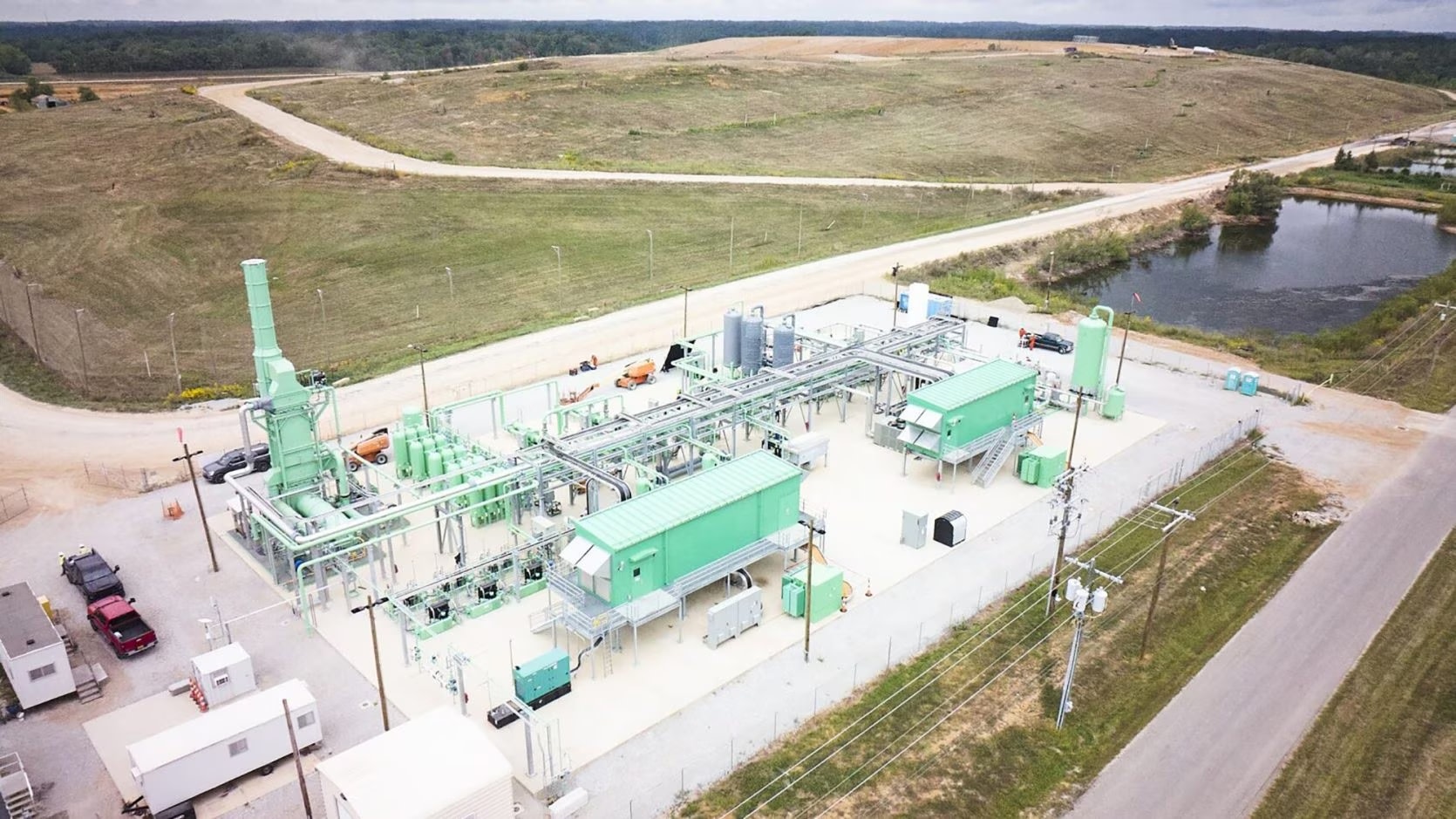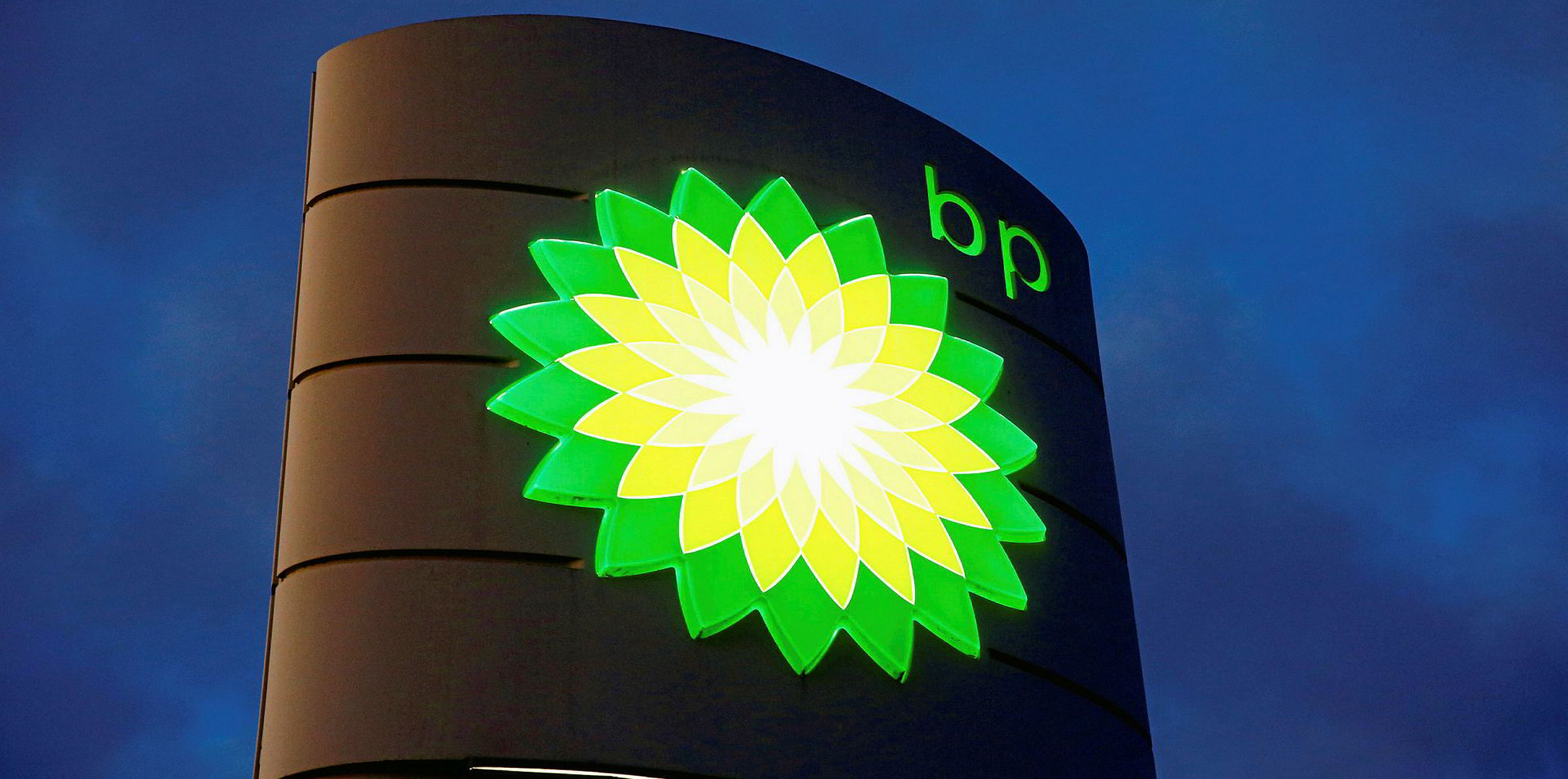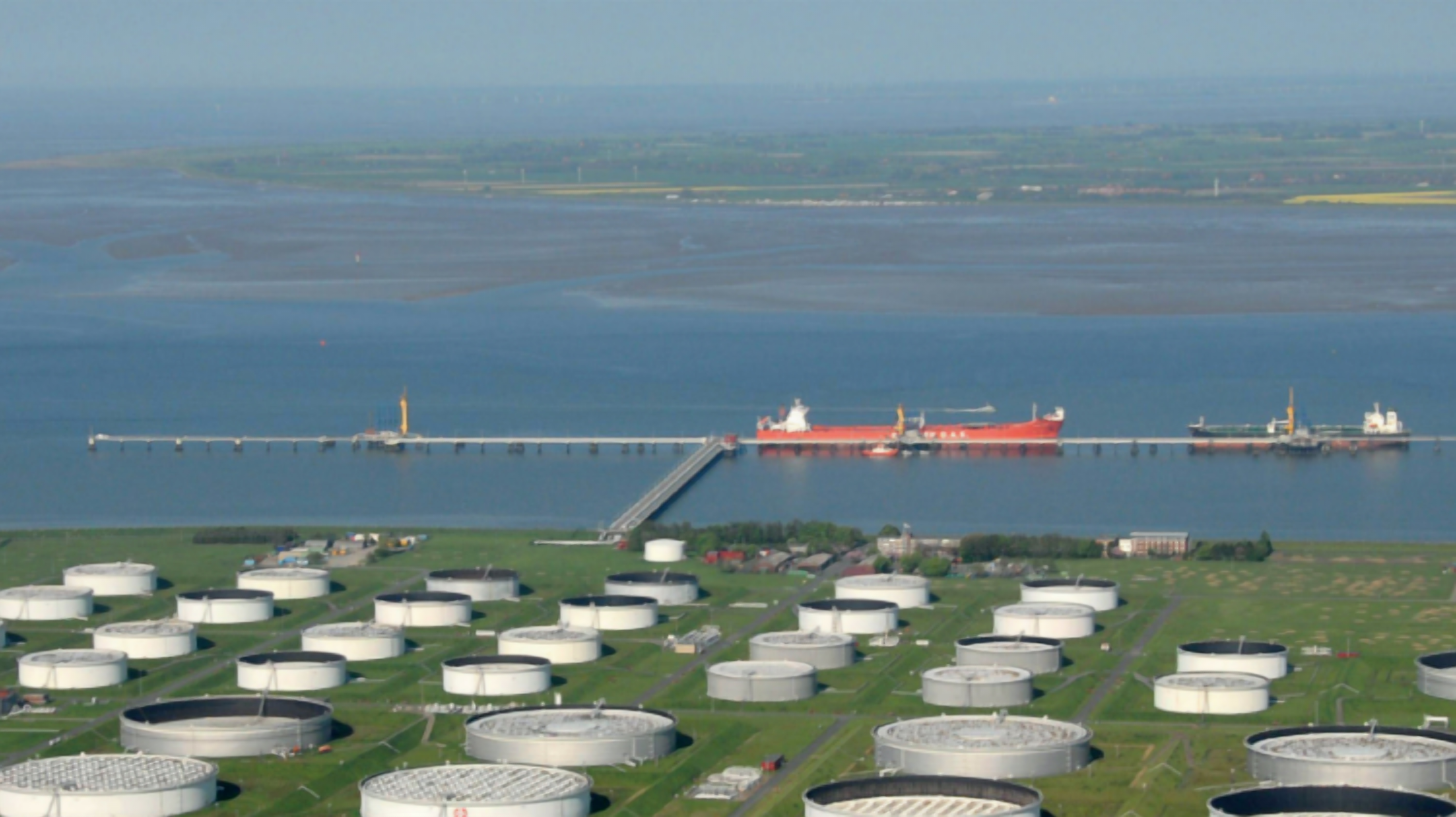bp and Clean Planet Energy have agreed to collaborate to advance the circular plastics economy
bp PLC

To support a circular supply chain, Clean Planet Energy will convert difficult-to-recycle waste plastic into naphtha, a petrochemical feedstock that can be used in plastic production. Clean Planet Energy will also produce Ultra Low Sulphur Diesel, and BP will receive the output of Clean Planet Energy's first facility, which is currently under construction in Teesside, as well as the right to offtake from future plants worldwide.
bp has signed a 10-year offtake agreement with Clean Planet Energy, a UK-based company developing facilities to convert difficult-to-recycle waste plastics into circular petrochemical feedstocks and ultra-low sulphur diesel (ULSD). Clean Planet Energy designs and constructs ecoPlants, which are expected to process plastics that are typically rejected by traditional recycling centers and would otherwise be sent to landfill or incineration.
Under the terms of the new agreement, bp will initially receive the output of Clean Planet Energy's first facility, which is currently under construction in Teesside, England's north-east. The Teesside facility is designed to process 20,000 tonnes of waste plastics per year into naphtha and ULSD. The naphtha can be used as feedstock in circular plastics value chains, which aligns with BP's goal of unlocking new sources of value through circularity and extending the life of products and materials. Clean Planet Energy will allow BP to expand the relationship by offloading products from its future plants outside of Teesside.
"This long-term agreement with Clean Planet Energy for naphtha offtake will assist bp in unlocking new sources of value through circularity, while also diverting plastic waste away from landfill, incineration, and the environment. Clean Planet Energy's first facility in Teesside should hasten this process."
said Sven Boss-Walker, Senior Vice President of Refining and Product Trading
bp is already leading a series of major hydrogen and carbon capture and storage projects in and around Teesside that will help the region's industries decarbonize.
Clean Planet Energy is currently developing 12 ecoPlants around the world. The company hopes to divert 250,000 tonnes of difficult-to-recycle waste plastic from landfills and the environment each year through these facilities, creating more than 700 green jobs in local communities. Clean Planet Energy intends to announce additional ecoPlants in the United Kingdom, the European Union, South-East Asia, and the Americas later this year.
"This long-term agreement with Clean Planet Energy for the offtake of naphtha will help bp unlock new sources of value through circularity, while helping divert plastic waste away from landfill, incineration, and the environment, Clean Planet Energy's first facility in Teesside should hasten this process."
said Sven Boss-Walker, SVP refining & products trading at bp.
"We set out to find an international energy company to work with that we felt understood our vision,"
said Dr Katerina Garyfalou, director of business development at Clean Planet Energy.
"BP not only prioritized sustainability performance in their discussions with us from the start, but their global-leading refining and trading businesses mean our naphtha product can help advance a circular economy."
Source: BP news






